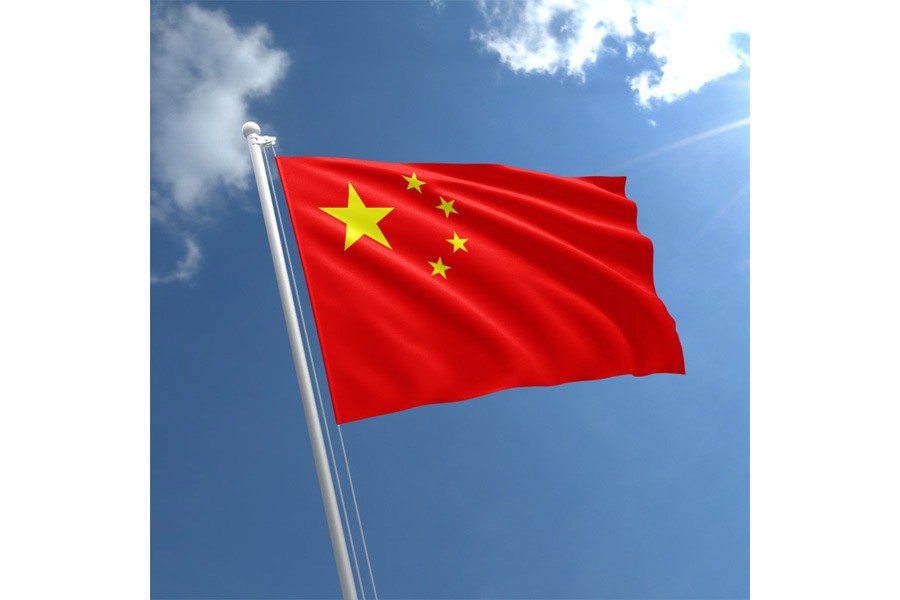Ismail B Ajjawi, a 17-year-old Palestinian resident in Lebanon, was supposed to move to and enrol at Harvard on Tuesday. But his visa was canceled, and he was then deported by a US immigration officer on Friday shortly after he arrived at Boston Logan International Airport, as he was claimed to be "inadmissible" to the US. According to statement Ajjawi provided to the US media, he was deported because he followed friends on social media who posted content deemed by US immigration officials as "anti-American."
Top Chinese universities like Tsinghua University and Peking University should seize the opportunity provided by US President Donald Trump to admit more talented foreign students like Ajjawi.
In the current age of globalization, receiving a higher education in the US may no longer be the best option. With 11 universities among the top 100 universities in the world, China is increasingly capable of offering high-quality higher education to international students.
International education makes a country stronger. When China passed Japan as the world's second-largest economy in 2010, universities on the Chinese mainland enrolled 265,360 foreign students that year. That rose to 492,185 in 2018.
Since Ajjawi was admitted by Harvard, his basic education is of good quality.
Students like him have the right to access higher education. It is a loss for the US to reject such talented students both academically and financially - international students contributed $42.4 billion to the US economy in 2017.
The case of Ajjawi and others reflect the flaws of Trump's immigration policy, which has made applying the student visa process a "nightmare." US universities have seen a decline in new international student enrollments for two years in a row. Limiting the number of international students would ultimately stifle a country's competitiveness.
In sharp contrast to a cold reception in Trump's US, foreign students are warmly welcomed by China. The world's second-largest economy is willing to enroll more international students to its universities whom it treats as priceless assets to the country.
As the China-proposed Belt and Road Initiative (BRI) prevails, of which education is an important part of cooperation between China and countries along the BRI, China has opened its arms wider to embrace more international students with its increasingly quality higher education.
Thanks to the US that is becoming more exclusive, China gets more opportunities to establish stronger ties across the world through its inclusive international education. In the meantime, Chinese universities should also raise the standards of enrollment, setting up criteria on par with other world's top universities to enroll talented foreign students, and award these students scholarships to help them study and live in China.
"Expanding access to opportunity through international education helps us build stronger ties across the world," said Allan E. Goodman, president and CEO of the New York-based Institute of International Education. This works for the US and certainly for China as well.


